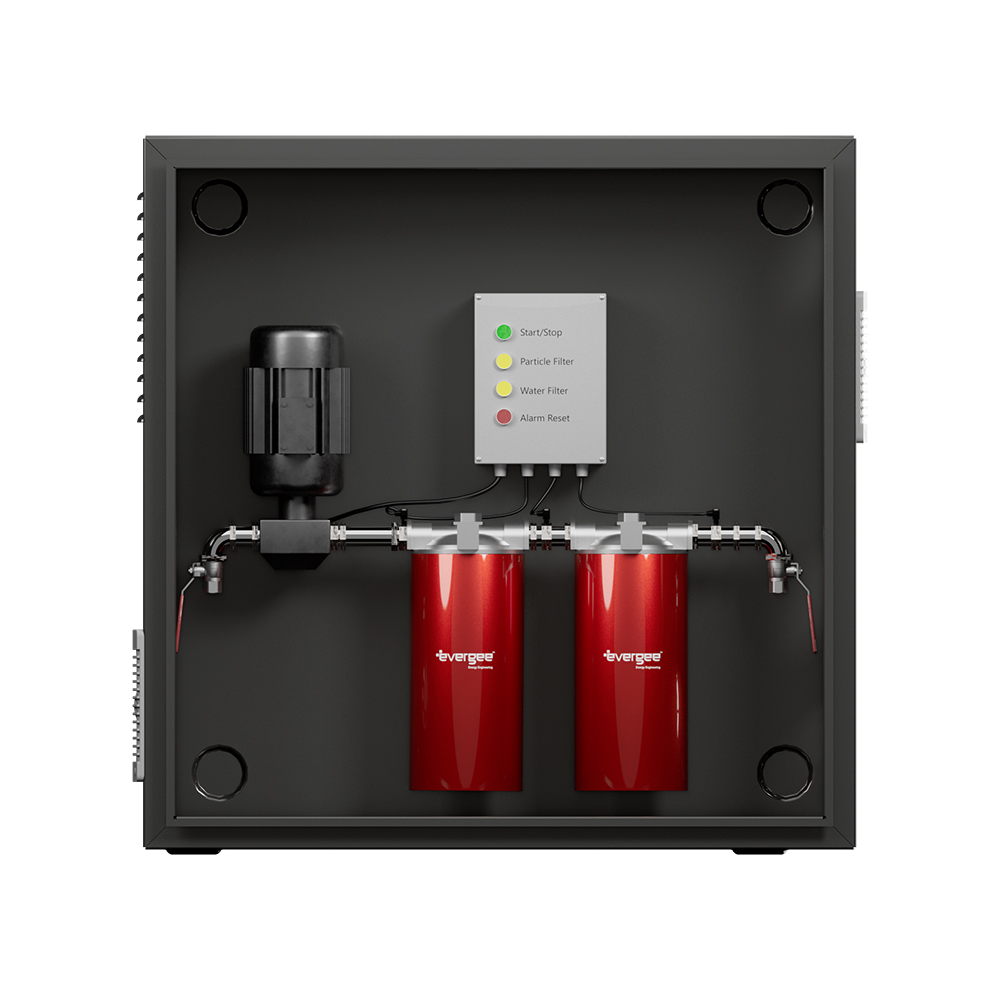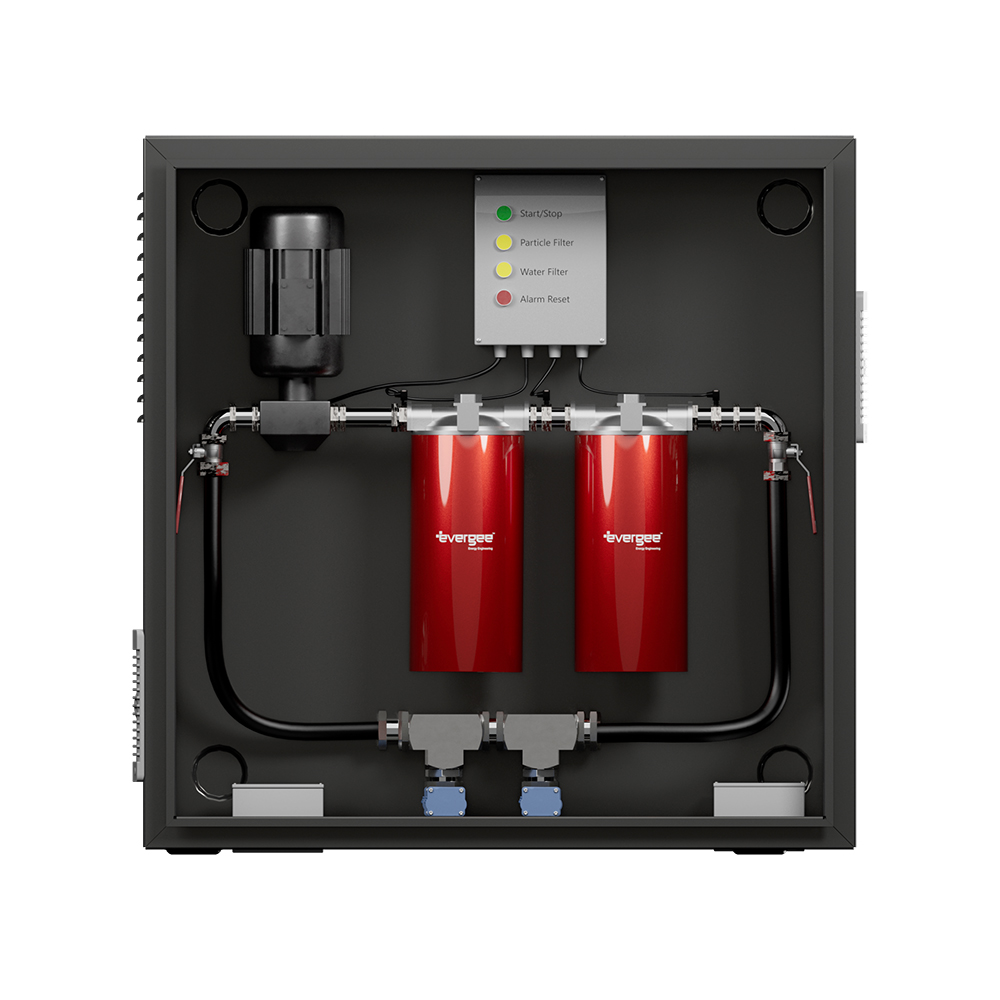Basic Fuel Cleaning Polishing Systems
Fuel polishing and fuel cleaning plays a pivotal role in upholding the quality and dependability of fuel utilized across diverse applications, including data centers, airports, hospitals, and more. By eliminating contaminants and impurities, this process guarantees the efficient operation of engines and equipment, resulting in decreased maintenance expenses, prolonged equipment longevity, and a diminished environmental footprint. Whether applied to backup power systems, marine vessels, aviation, industrial processes, data centers, airports, hospitals, or other critical infrastructure, fuel polishing is an indispensable measure in preserving the integrity of fuel and the systems it energizes.


